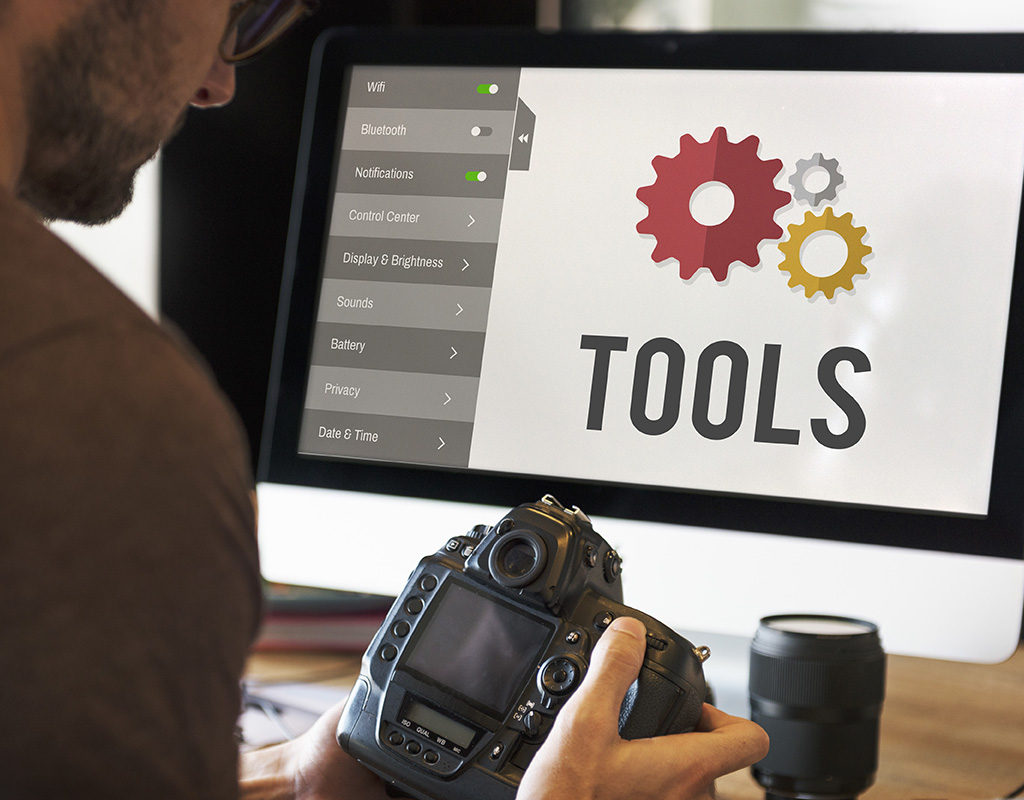Web development is a constantly evolving field, with new technologies and tools emerging every year. As a web developer, it’s important to keep up with the latest trends and tools to stay ahead of the competition. In this article, we’ll explore 10 essential web development tools that you should consider using in 2023.
1. Visual Studio Code
Visual Studio Code is a lightweight, cross-platform code editor that has become hugely popular among web developers in recent years. With support for multiple programming languages, code highlighting, debugging, and Git integration, it’s a versatile and powerful tool that can help you streamline your workflow.
2. React
React is a popular JavaScript library for building user interfaces. Its component-based architecture makes it easy to develop and maintain complex UIs, and its virtual DOM helps ensure high performance and smooth user experiences. If you’re building web applications, React is definitely worth checking out. In today’s competitive digital landscape, a website that provides a good user experience can be a key differentiator for your business. It can help you stand out from your competitors and attract more customers.
3. Node.js
Node.js is an open-source, cross-platform runtime environment for executing JavaScript code outside of a web browser. It’s commonly used for building back-end services, such as RESTful APIs and microservices, and it has a thriving ecosystem of modules and packages. Continuously test and iterate on your website to improve user experience. Use analytics tools to track user behavior and make data-driven decisions to improve your website.
4. Bootstrap
Bootstrap is a popular front-end framework that makes it easy to create responsive, mobile-first web pages. With pre-built components and utilities for layout, typography, forms, and more, it can help you save time and improve the consistency of your designs.
5. Figma
Figma is a collaborative design tool that allows teams to create, test, and iterate on designs in real-time. With features like shared components, version history, and commenting, it’s an excellent choice for design teams working remotely.
6. Postman
Postman is a powerful tool for testing and debugging APIs. It allows you to send HTTP requests, inspect responses, and automate workflows, making it a valuable tool for developers working with APIs.
7. GitHub
GitHub is a web-based platform for version control and collaborative software development. It allows teams to store and share code repositories, track issues and bugs, and collaborate on projects in real-time. If you’re working on open-source projects or collaborating with other developers, GitHub is a must-have tool.
8. Google Analytics
Google Analytics is a powerful web analytics tool that allows you to track and analyze user behavior on your website. With features like real-time data, custom reports, and conversion tracking, it can help you optimize your website and improve your business outcomes.
9. Lighthouse
Lighthouse is an open-source tool from Google that helps you improve the quality of your web pages. It analyzes your web pages for performance, accessibility, SEO, and more, and provides actionable recommendations for improvement.
10. Slack
Slack is a popular messaging and collaboration platform that allows teams to communicate and collaborate in real-time. With features like channels, direct messages, and file sharing, it can help you stay organized and productive, even when working remotely.
Conclusion
These 10 essential web development tools can help you streamline your workflow, improve your productivity, and stay ahead of the competition. By incorporating them into your workflow, you can take your web development skills to the next level and build better, more user-friendly websites.

